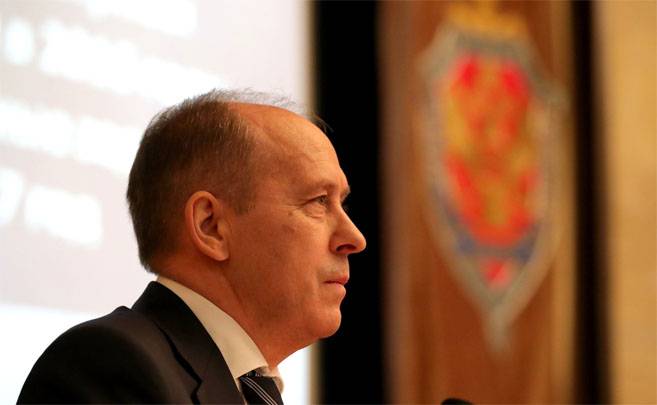Director of the FSB: ISIS is looking for new directions for terrorist activity
TASS cites the statement of the director of the FSB:

Alexander Bortnikov notes that the leaders of the terrorist structures are busy with the redistribution of power and means and the definition of future territories for action. The militants are ready to choose Central Asia, including Iran and Afghanistan, as such territories. Terrorists are considering ways to some states in India and provinces of China, including those dominated by the Muslim population. One example of an attempt by ISIL (*) to become active in Asia can be considered the Philippines.
The director of the FSB noted that terrorists are increasingly using the capabilities of the Internet. From the report of Alexander Bortnikov during the meeting in Krasnodar:
According to Bortnikov, the number of accounts of international terrorist organizations in social networks amounts to hundreds of thousands. It is noted that terrorists actively use the services of cybercriminals:
In order to combat the spread of extremist propaganda on the Internet and curb recruitment to terrorist groups, the FSB Director proposes to tighten control over the spread of SIM-cards and prohibit the anonymous use of Internet instant messengers.
- http://www.globallookpress.com
Information